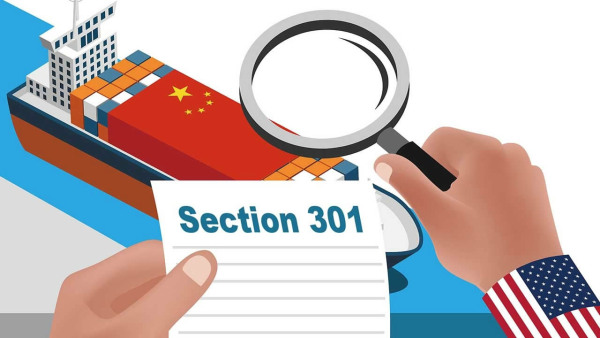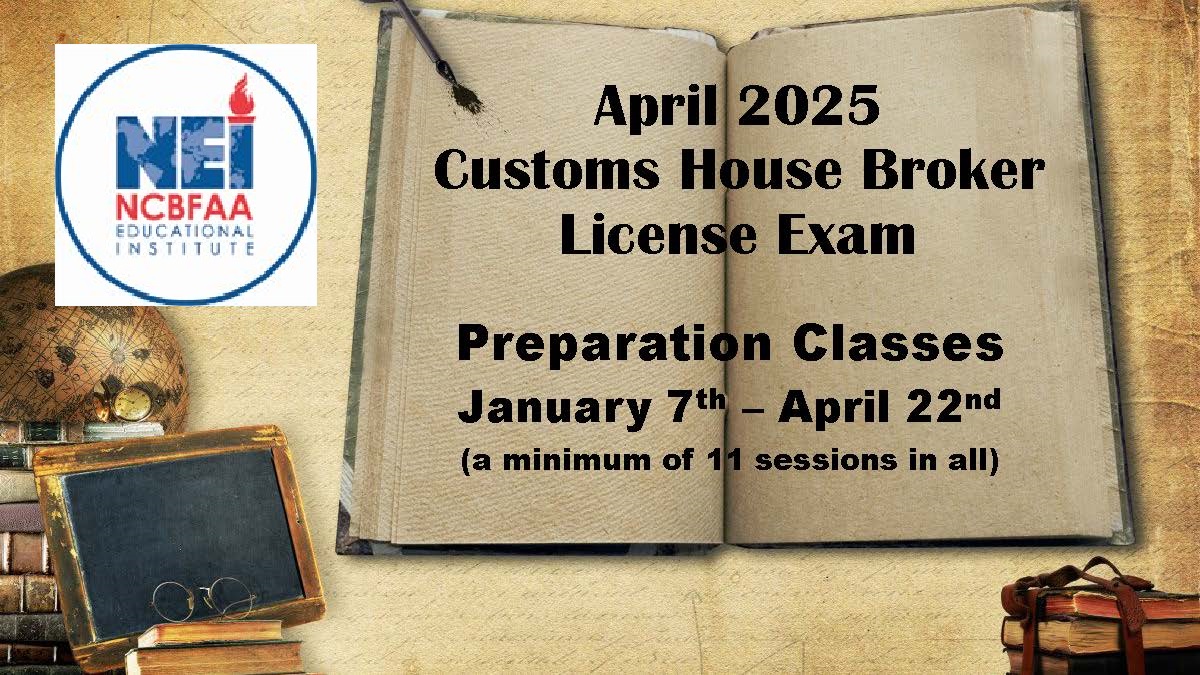On October 4, 2021, USTR Katherine Tai spoke to the Center for Strategic and International Studies on the future of the U.S. trade relationship with China. Highlights of Ambassador Tai’s comments follow:
- The U.S. will restart a targeted China 301 tariff exclusion process to mitigate the effects of certain Section 301 tariffs that have not generated any strategic benefits and raised costs on Americans. Such an exclusion process (a time frame for which has not yet been announced) would seek to ensure that the current China 301 tariffs align with such priorities as boosting American workers’ wages and job opportunities, securing the resilience of critical supply chains, sustaining the U.S. technological edge, and protecting national security interests.
- The U.S. expects China to carry through on the commitments it made during the “Phase One” Agreement to purchase additional U.S. products.
- The U.S. has serious concerns with China’s state-centered and non-market trade practices that were not addressed in the Phase One deal. The U.S. will use the full range of available tools (to potentially include additional tariffs) to defend American economic interests. When asked whether additional tariffs would require a new China 301 investigation, Ambassador Tai indicated that she would defer to her legal team.
- The U.S. will work with its allies to shape the international rules for fair trade in the 21st century.
We will continue to monitor developments in this area. We recommend that companies importing products subject to China 301 tariffs consider whether the removal of such tariffs on certain products might align with factors the USTR might consider in the context of potential future exclusions (e.g., economic harm to consumers without advancing the goals of the Section 301 program, supply chain issues – including changes brought about by Covid-19 or other disruptions, promotion of U.S. manufacturing, advancing national security interests, etc.)
We are available to provide further detail on the above as well as to generally discuss China trade issues and China 301 tariff mitigation strategies. Please do not hesitate to contact Arthur Bodek or any of our other attorneys to discuss further.




